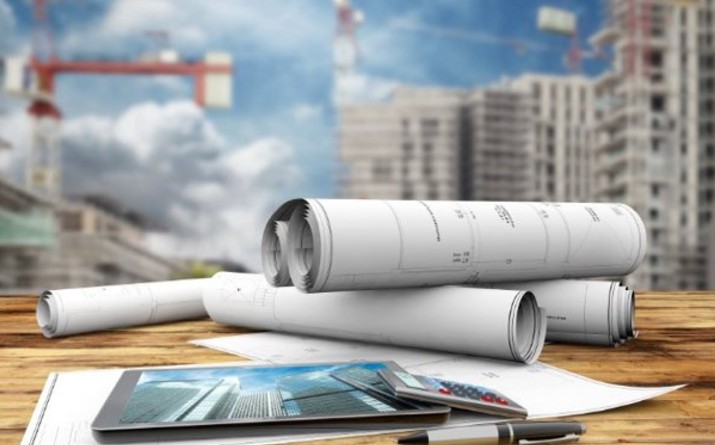Calculating building costs is not easy even for experienced contractors. There are some basic elements of construction you have to bear in mind when estimating building costs, these include:
Excavation and foundations: There are reasons why large housing developments are built on level blocks - they are cheaper to build on and the cost of laying foundations can be accurately determined. If you have a sloping block, you will need to factor in extra costs for laying your foundation and may need to have excavation carried out before you can begin building.
Building materials vary widely in cost. For example, a timber-framed brick veneer home will cost less than a full brick home. Labour costs vary depending on the size of the construction, the complexity of the design and other factors. A single storey home based on standard rectangular construction will be much less expensive than one that includes irregular angles or curves.
Finishing costs can dramatically affect the total price of a construction. Finishing costs include the cost of lighting fixtures, flooring materials, bathroom fixtures, kitchen cupboards and dozens of other details. There are a few ways you can put all of these elements together to arrive at a cost estimate. You can take advantage of their expertise in two ways. Contact a few builders in your area and ask them for estimates. Use an online building costs calculator or a software program.
Determining building cost
In either case, you will have to do some preparatory work. The more accurate your plan, the more accurate your initial estimate will be. Follow these three steps and you will get a reasonable estimate of your building costs. Calculate the size of your house in square metres using the interior size as your guideline.
Determine if your construction is basic, standard or luxury. Determine whether or not your building site is going to be easy to build on or difficult. A very popular way of thinking about the costs of building a house is working out the cost per square metre. You can calculate the cost per square metre by taking the total cost of the building and then dividing it by the total floor space of the building.
A basic project home is your cheapest option – $620-$780 per square metre. The next step is a luxury version of the project Home (deluxe) which can cost anywhere between $1,000 – $3,000 per square metre. The next step up is a custom built home you should expect to pay anywhere in the region of $1,500 – $3,000 per square metre. Finally, you could be looking at between $2,600 and $4,000 per square metre for deluxe custom built home.
With just this much information, you will be able to get a reasonable building costs estimate, but it still may not be enough. What other extraordinary building costs do you anticipate? Do you want vaulted ceilings? Do you want your roof to be pitched at a steep angle? Are you building a period style home? Things like these may add significantly to your building costs.
Concluding
Soil quality can also influence the cost of the project. If for example, you have clay, stone or large rocks it will inevitably cost you more. You can do a soil and contour test which tests the quality of your soil and the shape of the land. Another consideration you should bear in mind is the angle of the ground you are building on. A sloping piece of land can result in extra. Other factors to take into consideration when calculating your building costs include whether or not you are in a high-risk area for flooding or bushfires. In some cases you may find that having a project manager on board is of great benefit but of course, this comes at a cost.
One of the biggest outgoing expenses when managing a building project is labour costs. Be wary of the fact that subcontractors are more expensive. This is often how builders will recruit to get all the skills they need to complete your project.

